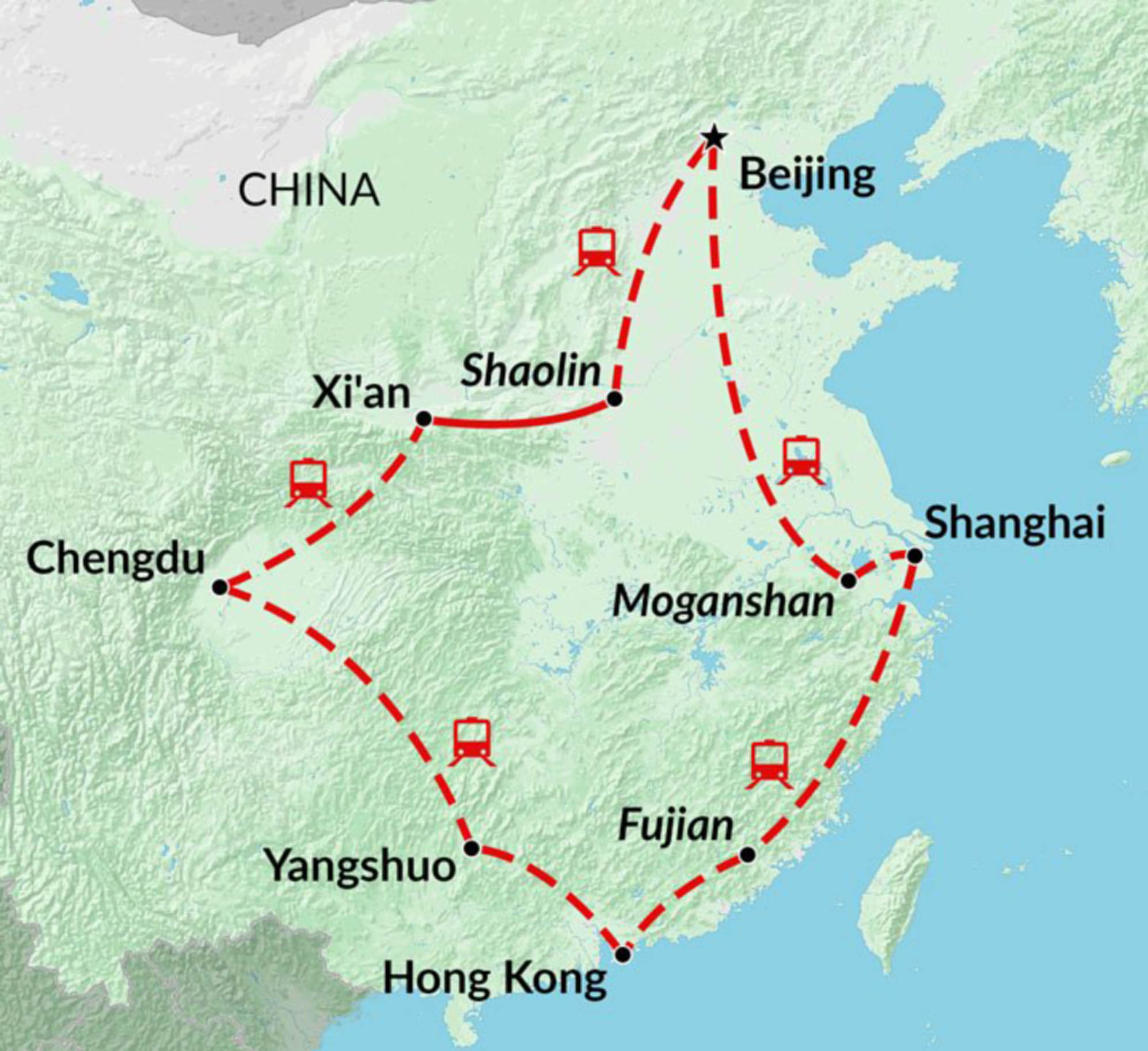China will never be interested in making the SCO, which could benefit the country in its historical economic ventures, a discussion club for the territorial disputes
By Imran Khushal
The latest summit of the Shanghai Cooperation Organisation (SCO) a Eurasian political, economic, and security organisation, created in 2001 and led by China with the support of Russia scheduled on June 9-10 in Qingdao, Shandong province of China will be over by the time this is published.
There are plenty of issues ranging from the recently failed US-Iran nuclear deal to the Kashmir dispute that each member state expects or at least desires to put on the agenda list, but cautionary statements from the Chinese Ministry of Foreign Affairs indicate that such subjects are not welcomed.
China’s unwillingness in discussing Iran’s nuclear matters is based on its understanding that such an item could give unnecessary coverage to an observer state that has yet to attain a formal membership and has the potential to spark some strong criticism of SCO from the international community. However, what is stopping the to-be supreme power, as they say, from discussing the Kashmir dispute at its latest summit? Is the dispute too big to put on the agenda or is it simply not the priority of the host state?
Well, both the reasons, coupled with several other reasons, are very much true. Yes, the Kashmir dispute is too big for a nascent forum like the SCO, and yes, it is not the priority of the host state. The discussion on the Kashmir dispute involves two major problems that are in the direct domain of the organisation: separatism and terrorism.
There are plenty of issues ranging from the recently failed US-Iran nuclear deal to the Kashmir dispute that each member state expects or at least desires to put on the agenda list, but cautionary statements from the Chinese Ministry of Foreign Affairs indicate that such subjects are not welcomed. However, discussing these two in the context of the Kashmir dispute is both hard and futile, because of Pakistan and India’s opposing positions.
Such a discussion could push the organisation into a very tight position, where if it confronts separatism it will hurt the Pakistani interests and stance on the dispute. In addition, if it confronts terrorism in this case, the cross-border terrorism and interference of member states into each other’s territory it has the potential to hurt the interests of both Pakistan and India.
Secondly, assuming that the host state compromises on the basic principles of the organisation and lets Pakistan or India initiate a discussion on the Kashmir dispute, it has all the right reasons to be left either undiscussed or discussed half-heartedly, leading to no practical solutions. Such a scenario could blow the creditably of the summit as well as of the organisation, which is certainly not an acceptable outcome for the host country.
Thirdly, an organisation led by China and Russia discussing the Kashmir dispute could challenge, in real or perceived sense, the existence of the United Nations which had passed several resolutions on the dispute and had already proposed a solution to the problem. No matter how small it looks at the surface, such a challenge has potential to offend the UN’s biggest financer: the United States. Therefore, it is logical to conclude that China, despite having an ongoing trade war and unending tensions over the South China Sea with the US, will not add to the flames.
Fourthly, if SCO allows Pakistan and India to discuss the Kashmir dispute, it will set a precedent making room for discussion over Kyrgyz-Uzbek border dispute, China-Tajikistan border dispute and with Iran’s formal membership disputes in the Caspian Sea. So China will never be interested in making SCO, which could benefit the country in its historical economic ventures, a discussion club for territorial disputes. In addition, Russia would back the Chinese decision of not sailing into difficult waters as it has its own territorial disputes, which could get space with a potential membership of opposing state(s).
Lastly, it is ideal for China as well as for Pakistan and India if the two rival nuclear countries cooperate providing China a smooth pass for its Belt and Road initiative and materialising its expansion through the continent and ultimately ‘helping’ it in becoming ‘the super power,’ giving India passage to Central Asia to gain its economic and strategic interests and to fulfil its dream of becoming a ‘regional hegemon’, and enabling Pakistan achieving its ‘ultimate economic stability’ which it longs for in the form of CPEC and becoming a ‘sizeable player’ in ‘the new world.’
However, in today’s world of Real Politick, this seems hard and what makes it even harder is an intensified Kashmir dispute. So what seems rational for the three states with conflicting interests Pakistan and India over Kashmir and China and India partly over ‘Pak-China close ties’, Indo-China border dispute, and China’s belt and road initiative is putting the Kashmir dispute on the back burner and leaving it there till the time they get max out of ‘their Shanghai Cooperation Organisation.’
With reasons mentioned above, it is understandable that the Kashmir dispute has very narrow chances to be discussed in the ongoing summit or any upcoming meetings of the Shanghai co-operators. This leaves Kashmir and the Kashmiris in an unfortunate state, where old resolutions on the dispute has no enforcing mechanism, and new resolutions are very hard to come, where Pakistan has lost the US backing on the dispute and the former has started favouring India making any transformation difficult if not impossible and where all these states are concerned with economic and strategic gains instead of resolving humanitarian crisis in the former state of Jammu and Kashmir.
The writer is a freelance journalist and PhD Scholar at National University of Modern Languages Islamabad. He can be reached at imrankhushaalraja@gmail.com
‘Courtesy Daily Times’.


